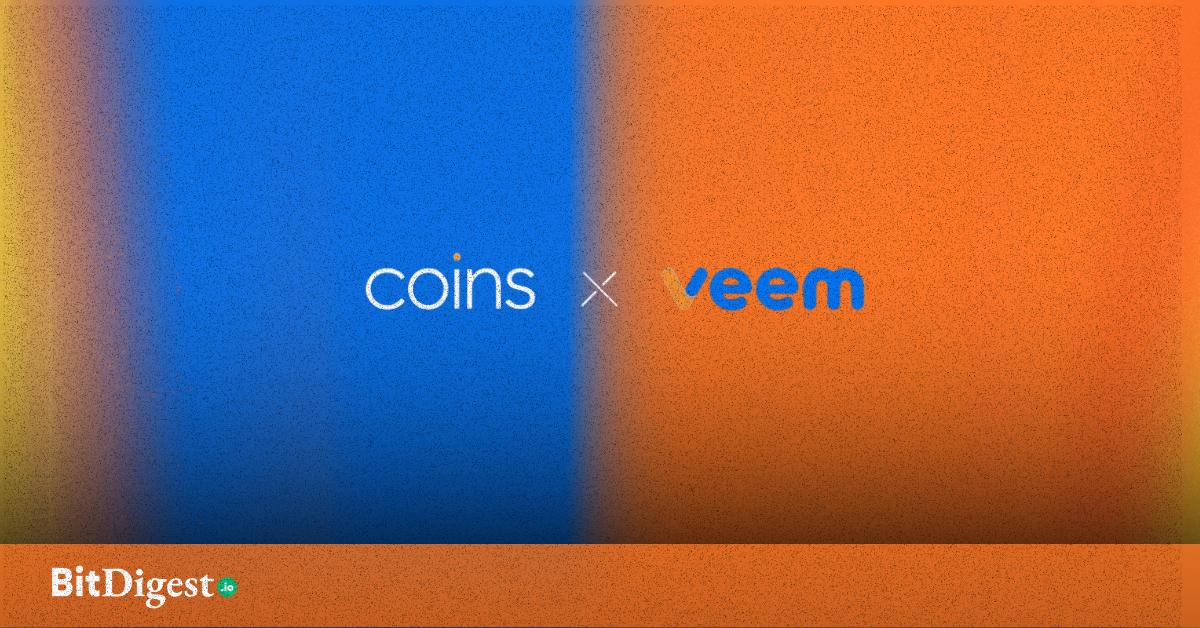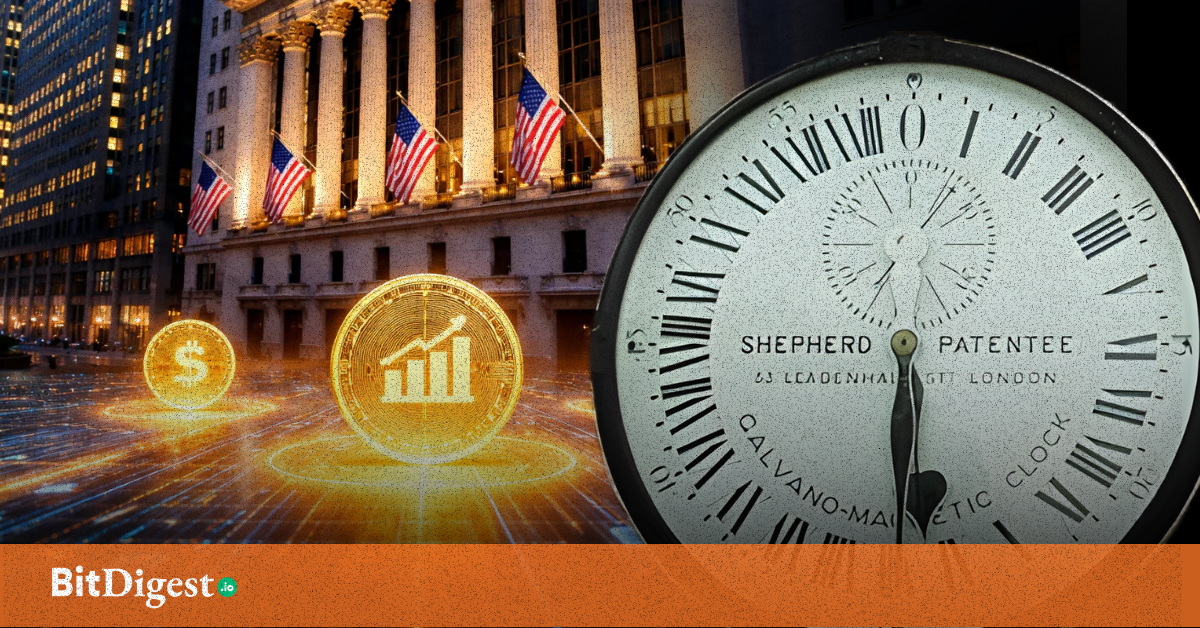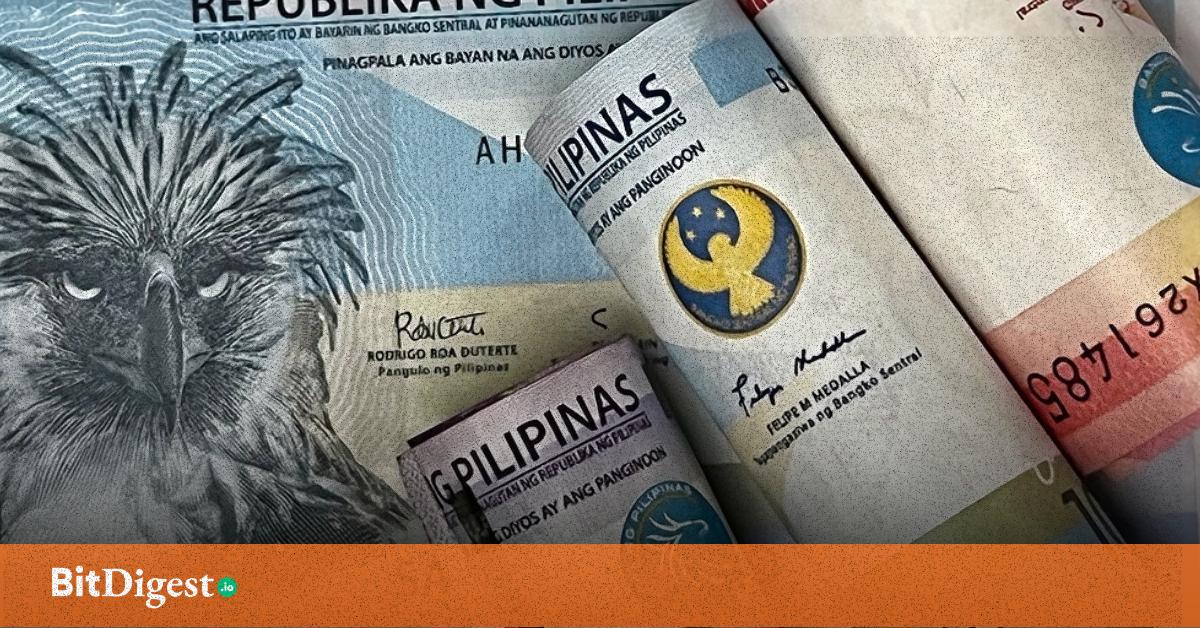Web3 Leader Spotlight of the Day: Nichel Gaba
Introducing Nichel O. Gaba, CEO of Philippine Digital Asset Exchange (PDAX). Nichel plays a big role, and is of huge importance to the Web3 community in the Philippines, as he aims to make financial services more efficient for FIlipinos. Through his leadership and excellence in finance and blockchain, PDAX attained to be the leading homegrown digital asset exchange in the Philippines.
Can you give us a background of what you do as CEO of PDAX?
You might say that, for us, CEO stands for Chief Everything Officer. I make sure that our products and services are working well, that our customers are deriving value from our products and services, and that our platform meets their needs. I always make sure that whatever we offer our customers is in line with regulations. I also make sure that, as a company, we have great people who work hard for our customers. And since PDAX is an industry at the frontier of innovation, we're also constantly pushing boundaries on what else the world can do with blockchain technology.
What made you interested in Web3?
I spent most of my career in a very centralized industry. Banking is probably one of the most centralized industries you could think of. It gave me an appreciation for how much value can be created if things were a little bit more decentralized, and how services could be a little bit better, a little bit faster, and create a whole lot of value for society if services were a bit more distributed and decentralized. Since blockchain technology came along, it made folks like me realize that there are very real ways that we can apply blockchain technology to solve some problems in financial services.
How is working/building in Web3 different from other industries?
The big difference is that unlike in other industries, where it's somehow clear what you're building, that's not always the case in Web3,. If you say “e-commerce website”, we kind of know what it is – a place where you can buy and sell goods. If you say “social media app”, we also kind of know what it is. But in Web3, we constantly have to explain to our partners, our stakeholders, what exactly is different with what we're building. Maybe a better way to say it is that in Web3, or in the Web3 industry, there's still a lot of lobbying. There's still a lot of education and advocacy that needs to be done on behalf of the industry.
What’s your proudest achievement in Web3?
My proudest achievement is having built a platform for Filipinos to easily access Web3. It wasn't always the case six years ago, that you could just buy crypto, buy Bitcoin, buy ETH using your pesos. I think that's my proudest achievement: that we were able to achieve that with PDAX, something that's built by Filipinos for Filipinos, making it easier for them to access Web3.
If there’s something you would like to change in your Web3 journey, what would it be?
That's tough to say. I'd like to think, in as much as so many things have already happened in this journey, that there's still a lot more road ahead of us than behind us. So, there's nothing really in the past that I would want to change. Everything that I would want to change is still in the future.
What’s the biggest problem that you think Web3 can solve?
A lot of the financial services that we enjoy today are unnecessarily expensive. I think that Web3 technology will really allow us to make payments, remittances, and investing a whole lot cheaper.
What’s your BTC price prediction in 2030?
It's always very difficult to predict what the price of Bitcoin will be at any time. It goes up and down, with big swings every time. But I will say that in 2030, there are definitely going to be way more people holding Bitcoin than there are today.
.svg)


.svg) SHARE TO FACEBOOK
SHARE TO FACEBOOK SHARE TO TWITTER/X
SHARE TO TWITTER/X SHARE TO LINKEDIN
SHARE TO LINKEDIN SEND TO MAIL
SEND TO MAIL





.svg)


.svg)